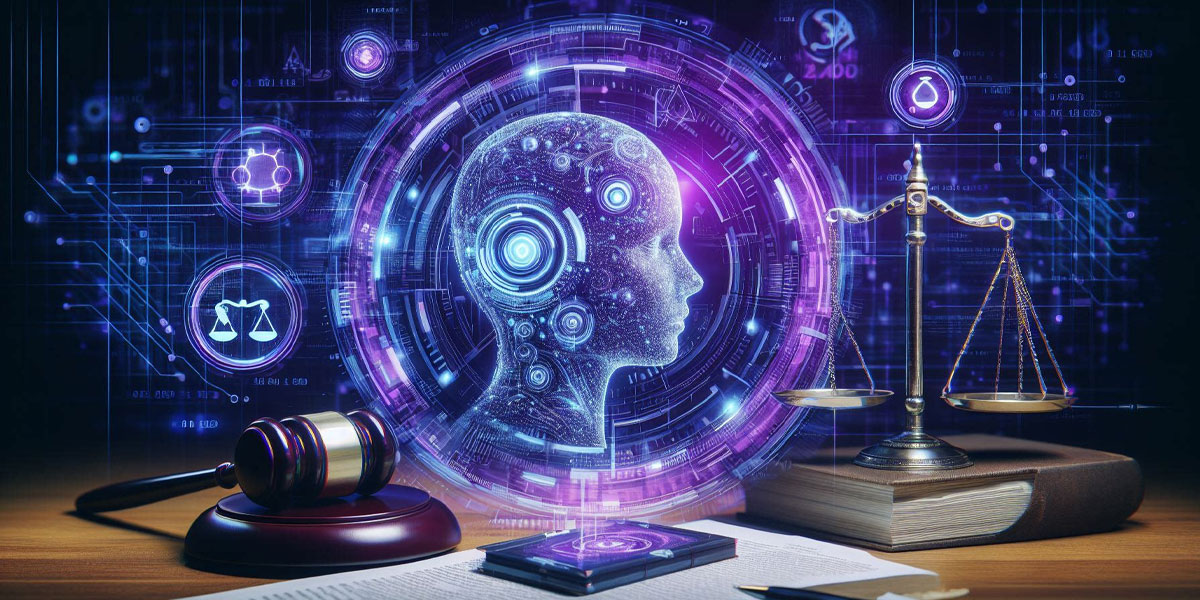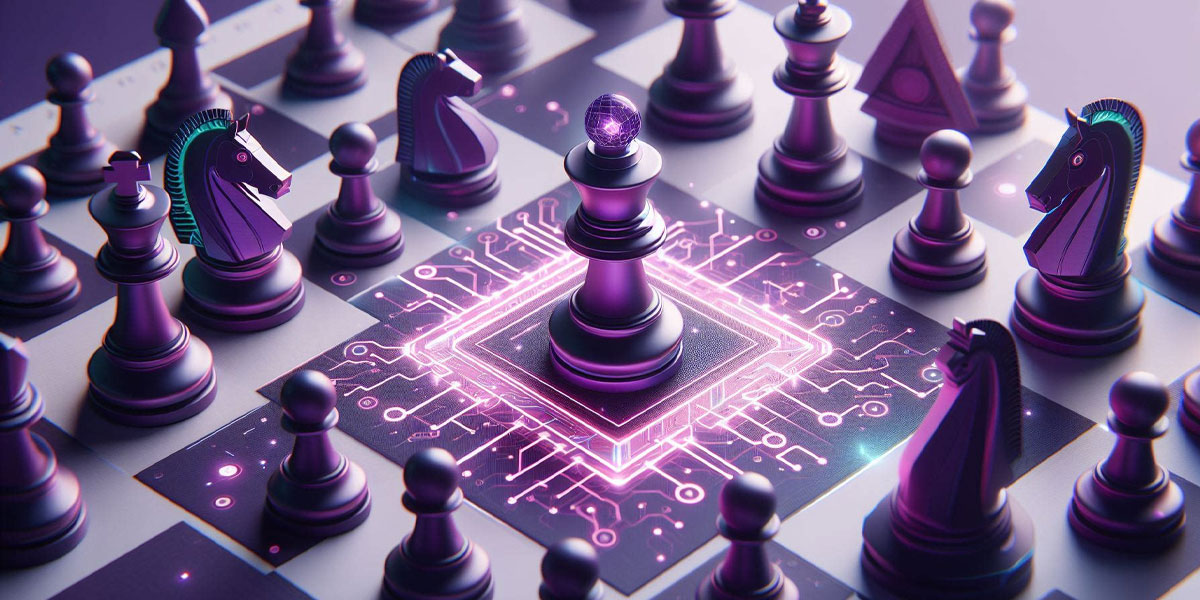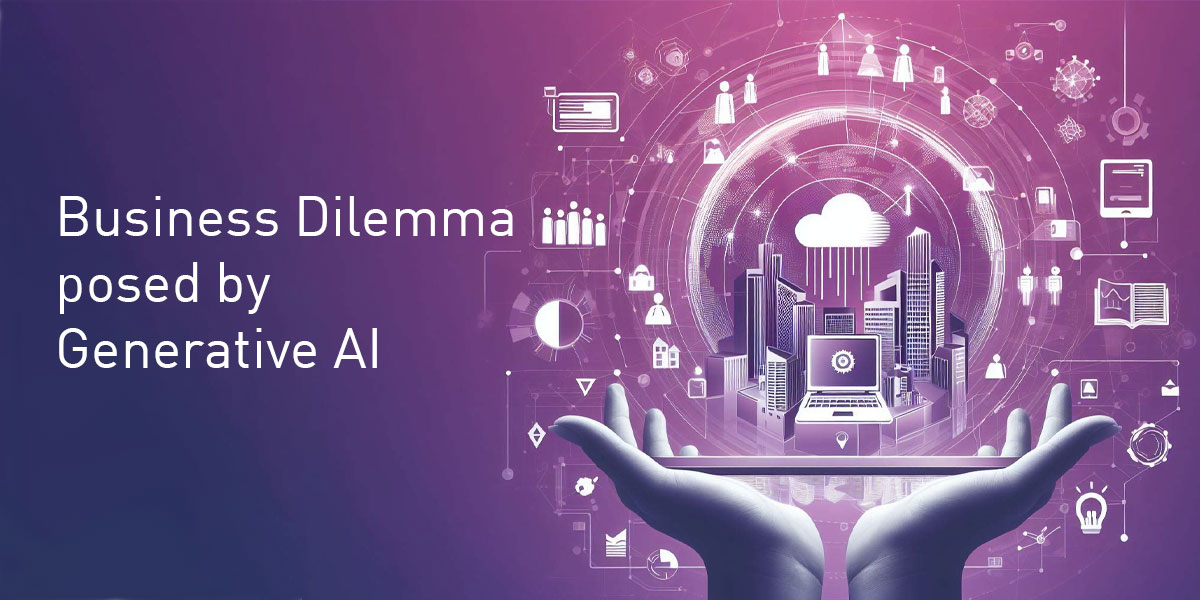Necessary cookies are absolutely essential for the website to function properly. These cookies ensure basic functionalities and security features of the website, anonymously.

The Digital Pound - why crypto may be coming to a currency near you
When the frenzy over crypto-currency get-rich schemes was in full force, Ethereum creator, Vitalik Buterin reminded people that this was never the aim of the original crypto founders. In modern style, he shared his disappointment in a Tweet. ‘How many unbanked people have we banked?’ he asked, listing his disappointments that the technology had not changed the world for the better.
Today, central banks are moving into the field of crypto currencies. It is not the highly speculative crypto-markets we might know, nor is it the same as the ‘money’ in your bank statement. It’s a new way of looking at money as we know it.
The Success of M-PESA
The move to digital currencies began with opportunities for ground-up initiatives. The Kenyan M-PESA was one of the first, a mobile-to-mobile microfinancing tool launched not by a bank, but by the mobile provider, Vodaphone. It used tokenisation to allow people to safely deposit, withdraw, transfer money and pay for goods and services within the mobile system. It met a need for digital finance among the unbanked.
Around 17 million M-PESA accounts have been set up since its launch, largely among people who had previously been excluded from the banking system and there are other similar systems in place in other countries. Many people around the world simply don’t deposit enough money each month to generate enough income for a bank to justify the onboarding process.
It is a form of digital crypto currency, which has unfortunately since become associated with the wildly speculative, often ponzi-style, coin markets. Crypto coin markets have had more in common with a casino than a stable, national currency. The potential of digital currency for good is still there, and as retail moves away from physical money, it is a necessary next step in monetary evolution.
Why physical money supports crime at a cost
There are two big reasons why we need a digital coin. The burden of the cost of maintaining coins and notes is making many national banks turn to better, more efficient and safer alternatives. The majority of physical money in most countries is not in circulation, but stashed away. Not much of it is hoarded under the mattresses of grannies. The vast majority is hidden by people who have good reasons to want a money system that is untraceable. ‘Cash-in-hand’ is almost synonymous with ‘up to no good’. The vast majority of that criminal collection of bank notes is not even in the country that produces the currency, but in foreign stashes. Producing physical money comes at a cost to us all. We taxpayers are funding a money system that is used to the benefit of international criminals, and we are paying an additional penalty for that because of other criminal behaviour. Notes are expensive to produce because steps to protect currencies from counterfeits have had to become complex.
A second issue is that the money in your bank account is not actually currency. It is bank money and there is a screening process to check that you are allowed to have access to bank money. Many people do not pass that screening test, and so as shops begin to reject payment in cash, accelerated by the pandemic, those at the bottom end of the social scale are at grave risk of being excluded from making purchases.
It is therefore logical that central banks have been researching the potential of digital currencies. One such example is the Digital Pound, affectionately known as ‘Britcoin’.
The digital pound is not the same as the money in your bank account
The proposed digital coin may take the form of numbers on a digital screen that represent money and if you have a debit or credit account, then you may well feel this is very familiar and old news. The money on your monthly statement is bank money, which often requires an application process and there are many reasons why people fail that application process. It leverages a fee from you for using the bank services like a credit card APR. You can also accrue interest on your bank money.
A digital pound can be exchanged outside of the banking system, meaning that those without a bank account can start to participate in the digital economy. It carries no fees and offers no interest other than the fluctuations that naturally occur in exchange rates between currencies. The digital pound would be for spending, not saving, so you would still need to put it somewhere in a savings and investment account to earn interest on it. In other words, the digital pound would be a national currency in digital form, but without any associated fees for its use.
Digital currency vs crypto currencies
A digital currency is also the opposite of crypto currencies, in many ways, although they are built on the same technical base. Crypto currencies originally were an attempt to move away from currencies associated with national restrictions. They provided a decentralized, international coin, free from government oversight. Of course, we now know that freeing ourselves from government oversight brought terrific risk. The reassurance of government guarantees, in the form of fiat currencies, is what keeps money safe. Without anything in the physical world at all to back up crypto currency, it was inevitable that many coins would fail.
These new digital currencies would be free from the volatility of the crypto markets because they are not speculative and they are linked to things in the real world. A digital dollar would be worth the same as the dollar in your bank account or the dollar bill in your wallet, and subject to the same fiat currency rules.
Countries that have gone first in the digitisation of their currencies include the Indonesian digital rupiah prototype, and the Ghanian e-cedi pilot. Eleven other countries, including Jamaica and the Bahamas, have already issued central bank digital currencies. It is another step in the evolution of transactional money.
Of course, the risk of all of this is that we know that digital literacy is not shared equally among the population, with many of the most disadvantaged members of society without access to online services. We need to make sure that any new currency reform is as inclusive, or more so, than the existing currency system, and that may be where the challenges lie.






